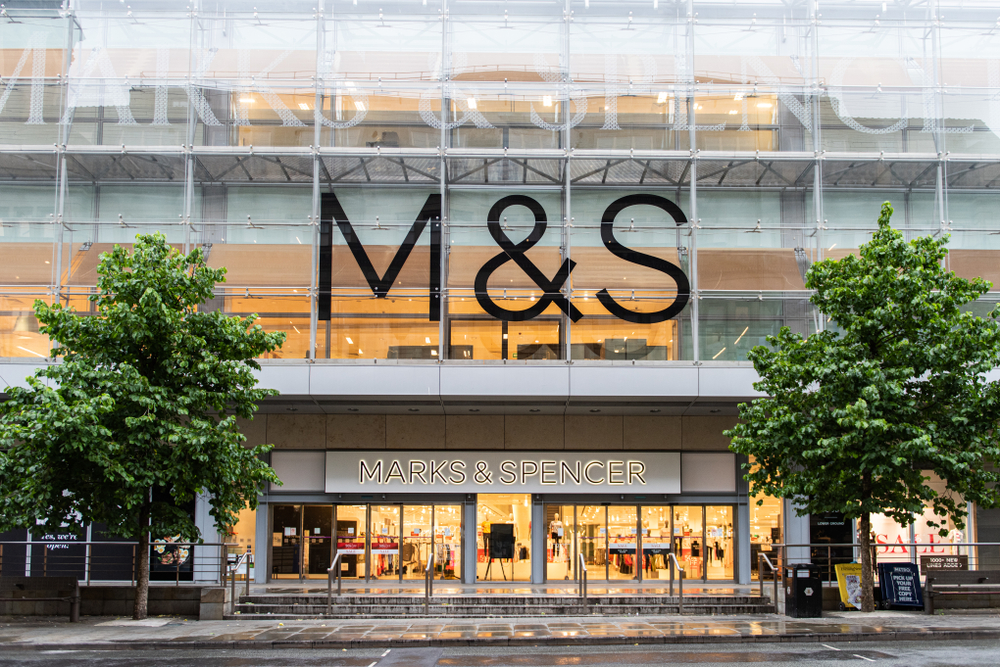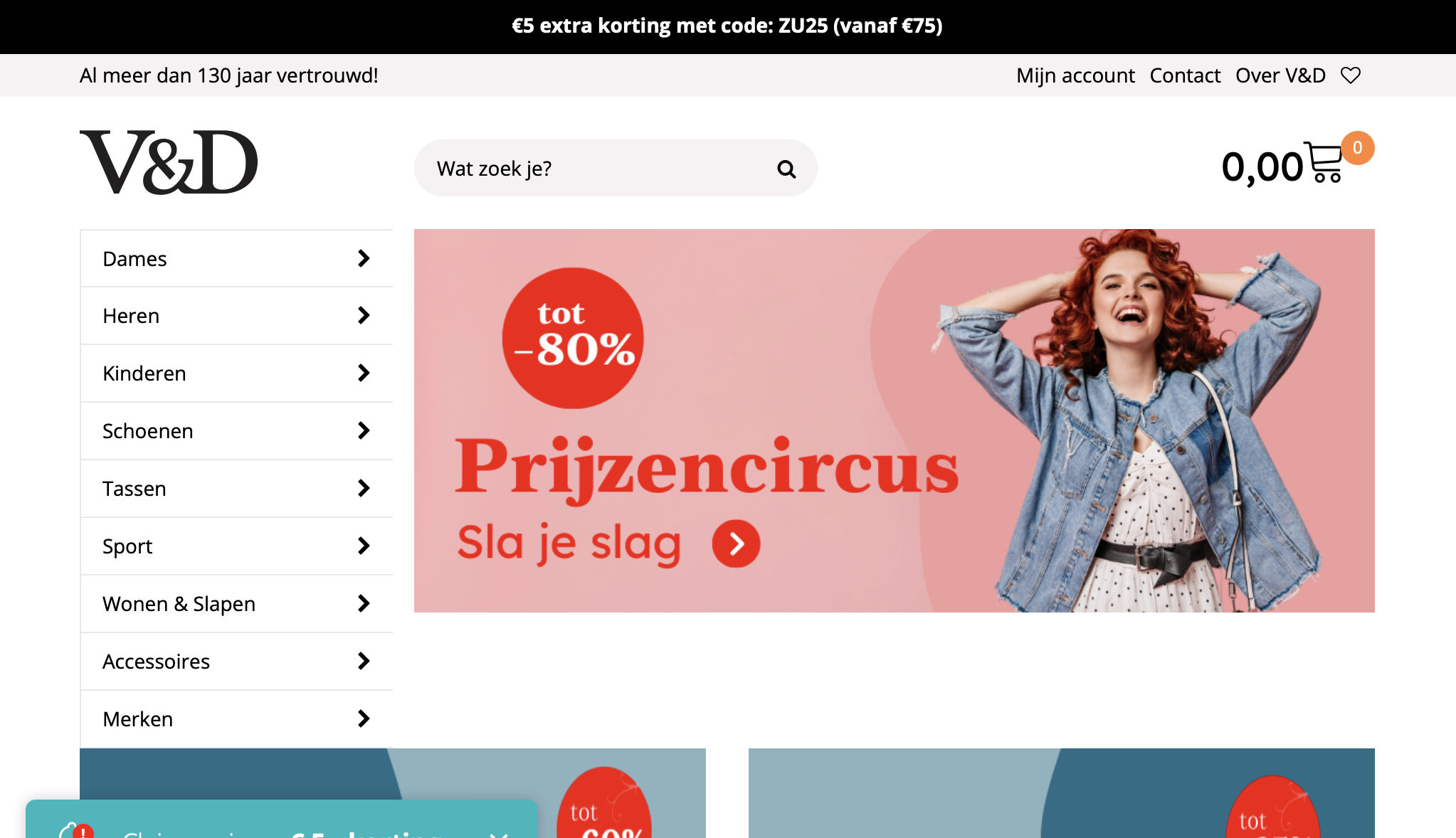The UK’s small retailers risk falling behind on mobile, since fewer than one in five have mobile-friendly websites.
That’s the conclusion of a new study from PayPal, which found that just 18% of small businesses have responsive websites that adapt for smartphones and tablet, despite estimates that mobile shopping will reach £27bn in 2017, and £43bn in 2020.
PayPal questioned more than 2,000 small businesses and 2,000 consumers for the study, which found that 30% of UK shoppers are expecting to use their smartphones to buy more often in the next year. That rose to 44% among 16 to 25-year-olds. Six in 10 (59%) millennials already browse on their phones every day.
But a third (33%) of businesses say they don’t need a business site because they ‘do well enough as it is’ – risks alienating consumers, who list lack of mobile friendly website as their number one frustration when buying on a mobile device.
The divide between what shoppers prefer and what small businesses offer also extends to the most popular ways to pay and be paid. The research finds that while shoppers of all ages are embracing new mobile-friendly payment methods such as digital wallets (preferred by one in three online shoppers), 40% of small businesses have never reviewed how they take payments – a small improvement from 2016, when 44% of small businesses had never considered their payment options[7]. Instead, businesses continue to rely on traditional methods including bank transfer (70%), cash (54%) and cheque (45%) to take payments.
For small businesses, adopting more popular modern payment methods could mean a big boost in sales. For over a third of businesses, the average value of an individual sale is between £10 and £30, but PayPal’s research shows that consumers are willing to pay up to three times that on digital devices: £84 on a smartphone, £103 on a tablet and £147 on a laptop.
Nicola Longfield, director of small business at PayPal UK , said: “With mobile web browsing overtaking desktop for the first-time last year, it is more important than ever that businesses adapt. Bridging the gap between customer expectation and what businesses are offering need not be daunting. There are small changes businesses can make to give themselves a boost, and the top item should be making websites more mobile friendly for smartphone or tablet. Shoppers are increasingly frustrated by websites which require them to pinch the screen to zoom in and scroll endlessly to find miniature checkout buttons.
“Knowing your customer is all-important. The profile of a UK mobile shopper is very similar to an online shopper, so it really is a case of fine-tuning business practices to make the most of customers’ habits. This could be sharing promotions on customers’ favourite social channels, scheduling marketing emails to coincide with peak mobile shopping times, or simply offering recognisable payment options to give shoppers that extra confidence in their purchases.”








